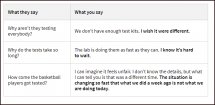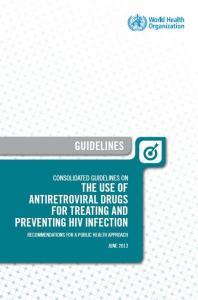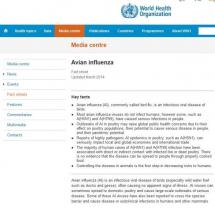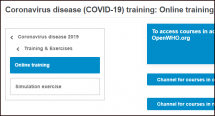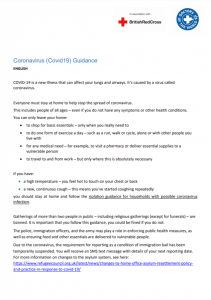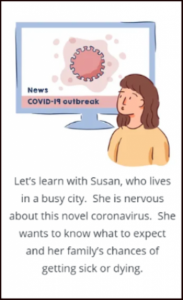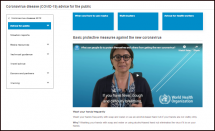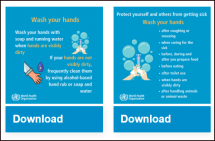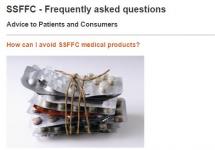COVID-Ready Communication Playbook for Health Professionals
The team at VitalTalk crowdsourced this playbook to provide some practical advice to health care professionals on how to talk to their patients about some difficult topics related to COVID-19.
Building on their experience studying and teaching communication they’ve drawn on their networks to crowdsource the challenges and match them with advice from some of the best clinicians they know.
Last modified: June 18, 2020
Language: Arabic, Chinese, Danish, Dutch, English, Finnish, French, German, Hebrew, Hindi, Hungarian, Italian, Japanese, Korean, Norwegian, Portuguese, Russian, Spanish, Swedish, Tagalog, Urdu, Vietnamese

